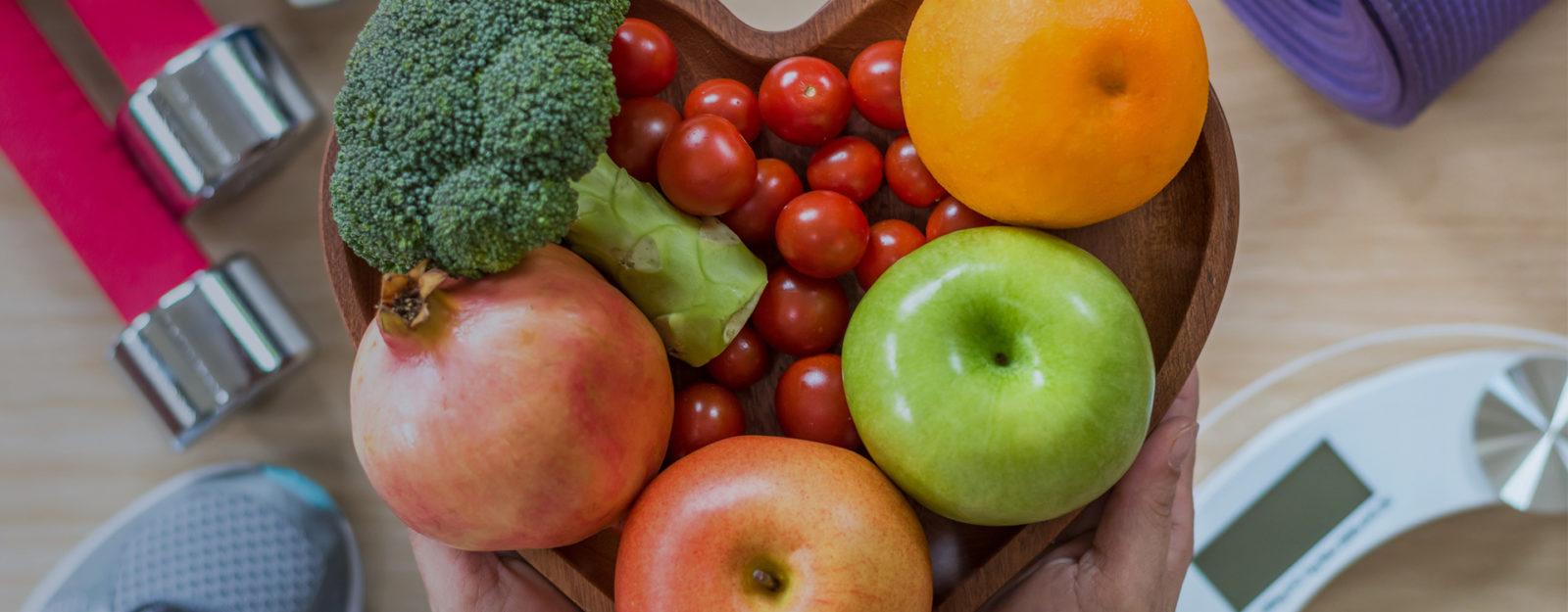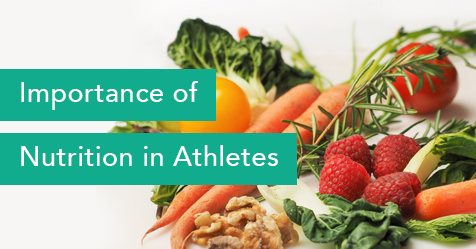
By Scott Dunham, PT, Richmond, KY Center
 Age, gender, training methods and sleep patterns influence sports performance and risk of injury.
Age, gender, training methods and sleep patterns influence sports performance and risk of injury.
However, nutrition often is an overlooked factor. Research shows that with proper nutrition, an athlete can minimize injury risk despite the other external factors.
However, a recent study of athletes and training professionals found them to be out of synch on the topic.
Among the athletes, 30 percent felt that inadequate nutrition was a risk factor for athletic injury and 50 percent of them used good nutrition to prevent injury. For the training professionals, however, injury prevention relied on muscle-strengthening exercises, sensorimotor training and stretching.
When it comes to nutrition, there are three main considerations:
Glycogen, which comes from carbohydrates, is stored as energy in the liver and muscles and is readily available for sudden, strenuous activity. Maximizing glycogen prior to exercise that lasts longer than 90 minutes has been shown to delay the onset of fatigue and increase performance. The recommended dosage is 10-12 grams per kg/body weight, taken 36 to 48 hours pre-workout. Lower-intensity exercise requires less carbohydrate supplementation (Beck, L Kathryn et al.).
An electrolyte supplement such as Gatorate, taken along with carbohydrates, can provide a significant increase in resistance training performance such as the bench press and sprint training when compared with an electrolyte supplement alone. Also, it’s good to maintain a balance between water and electrolyte intake. (Beck, L Kathryn et al.)
Fluid loss greater than 2 percent of body weight can have significant effects on performance, including reduced cognition, impaired neuromuscular control, and muscle and joint pain, thus increasing injury risk. To minimize this risk, hydration prior to performance can help reset fluid balance and reduce the risk of these issues occurring during a sporting event. Normal fluid intake for an athlete should be one-half ounce to 1 ounce of water per pound of body weight daily.
Timeliness of nutrition also plays a role. Many athletes are provided with pregame meals and hydration during sporting events to improve performance. However, nutrition may be lacking during the rest of the week, with negative implications for injuries.
For instance, many coaches push their athletes harder during practices so that performance during games is easier. But the mid-week combination of malnutrition and intensified practices results in more athletes getting injured.
For improved performance and reduced risk of injury, athletes should consider a diet with proper carbohydrate intake that looks something like this:
Breakfast: eggs, potatoes, fruits, oatmeal and Greek yogurt.
Mid-day snack: protein bar.
Lunch: fruits (apples, for instance), whole-grain breads and yogurts.
Dinner: brown rice, lean meat, broccoli and sweet potatoes in some form.
A nutritious diet that incorporates proper hydration, electrolytes and carbs can play a huge role in injury prevention while increasing performance levels.
Sources
Beck, K., Thomson, J. S., Swift, R. J., & Hurst, P. R. (2015). Role of nutrition in performance enhancement and post exercise recovery. Open Access Journal of Sports Medicine, 259. doi:10.2147/oajsm.s33605
Kyle Webster, ATC, personal communication, February 22, 2018
Krings, B. M., Rountree, J. A., Mcallister, M. J., Cummings, P. M., Peterson, T. J., Fountain, B. J., & Smith, J. W. (2016). Effects of acute carbohydrate ingestion on anaerobic exercise performance. Journal of the International Society of Sports Nutrition, 13(1). doi:10.1186/s12970-016-0152-9
Saragiotto, B. T., Pierro, C. D., & Lopes, A. D. (2014). Risk factors and injury prevention in elite athletes: a descriptive study of the opinions of physical therapists, doctors and trainers. Brazilian Journal of Physical Therapy, 18(2), 137-143. doi:10.1590/s1413-35552012005000147